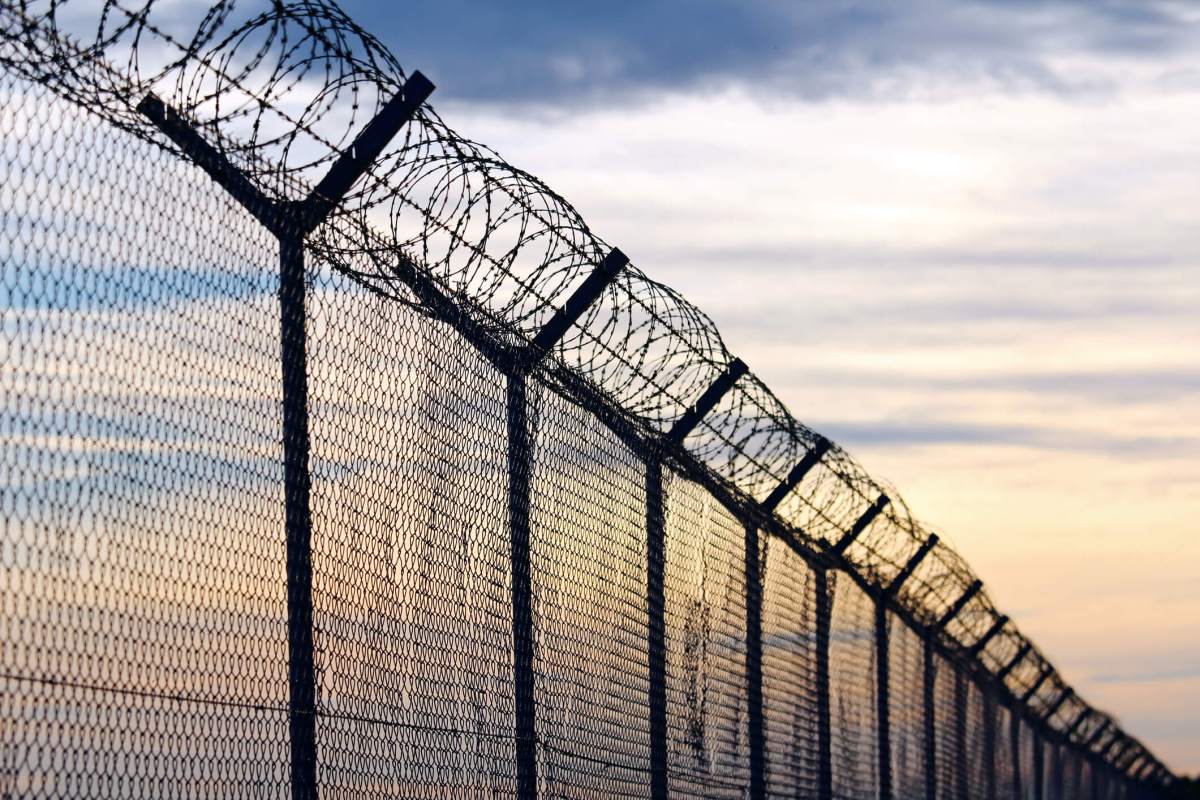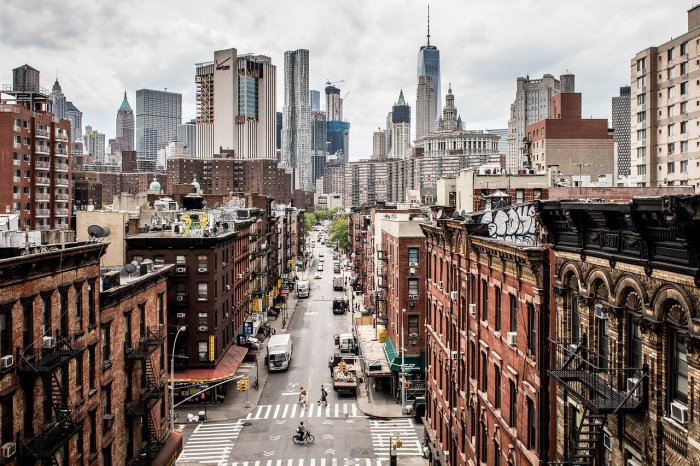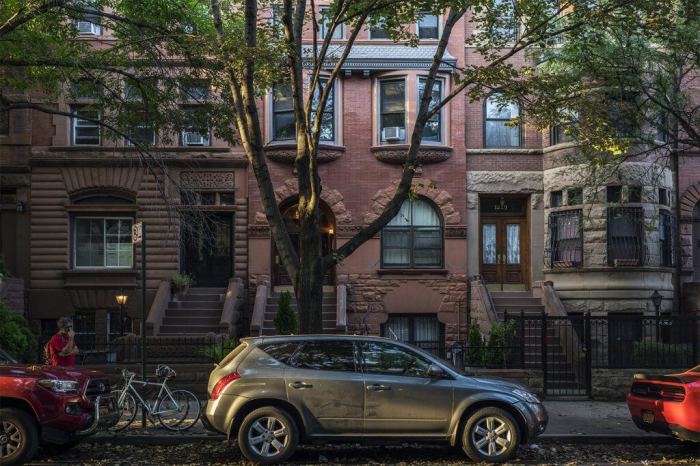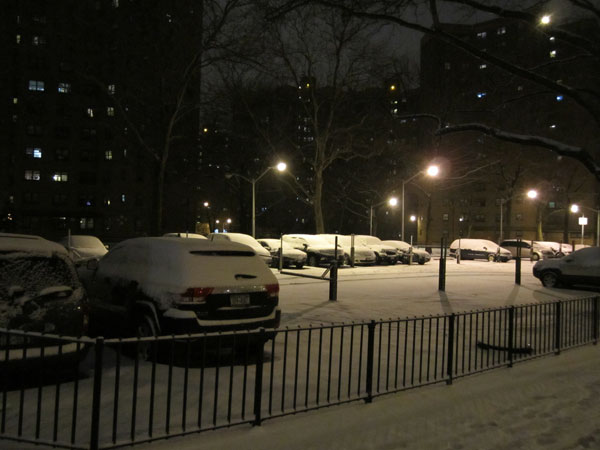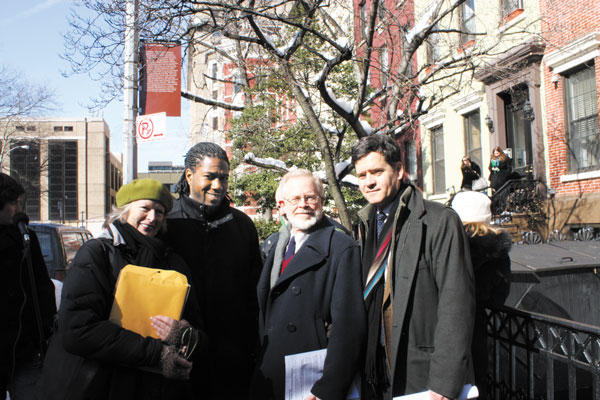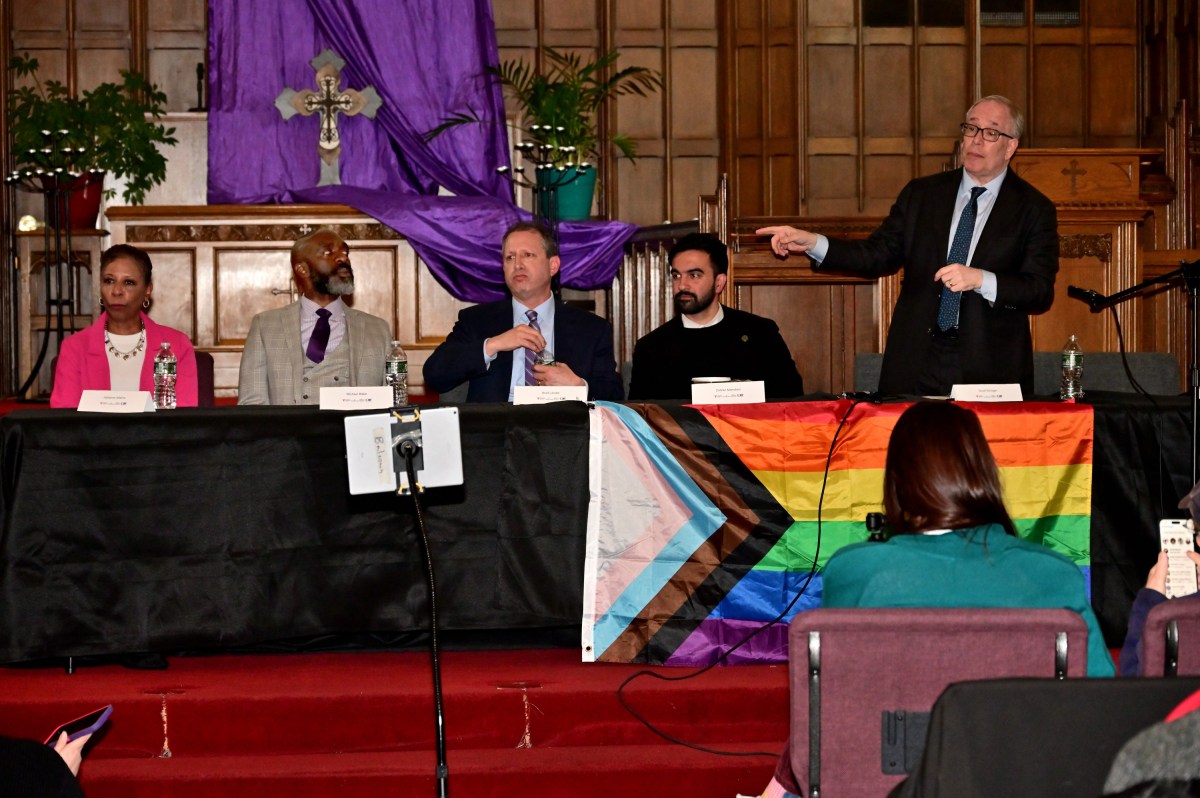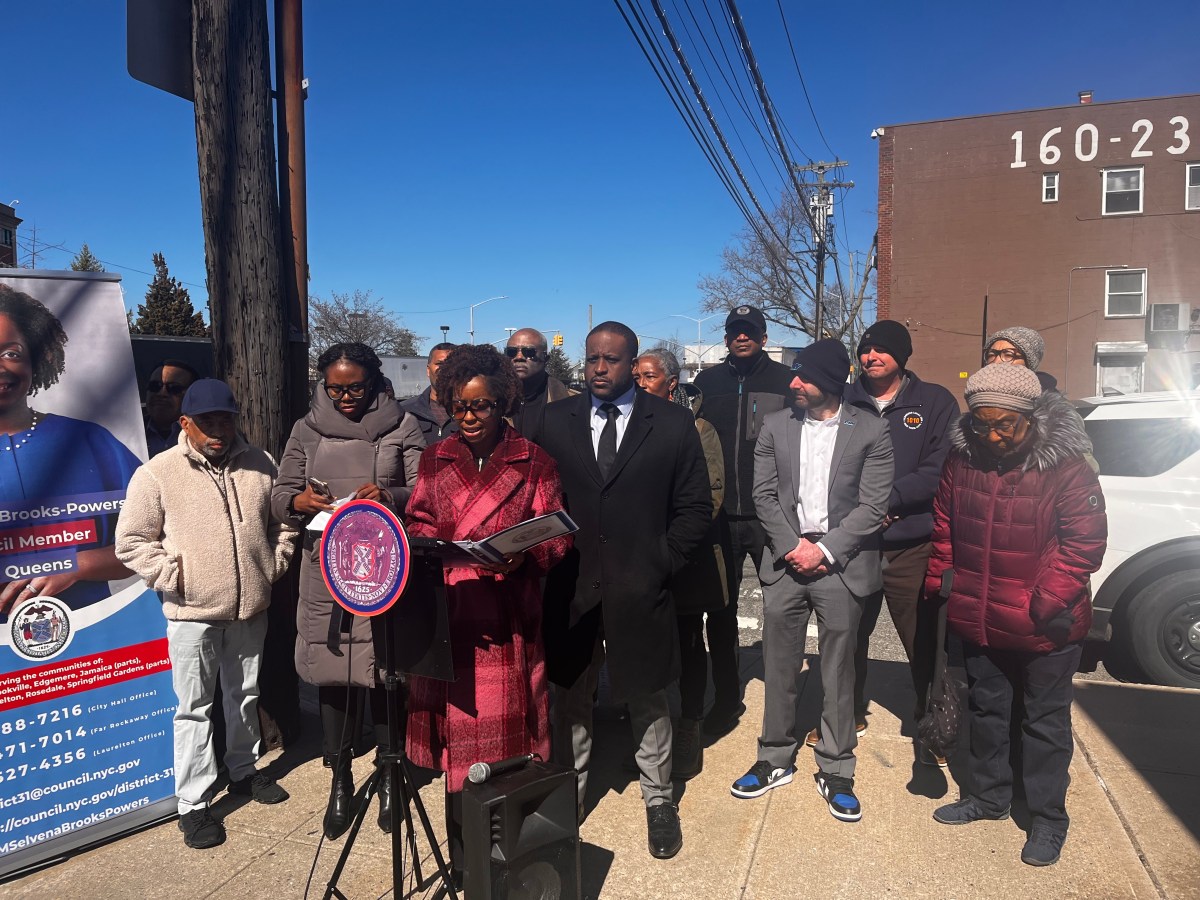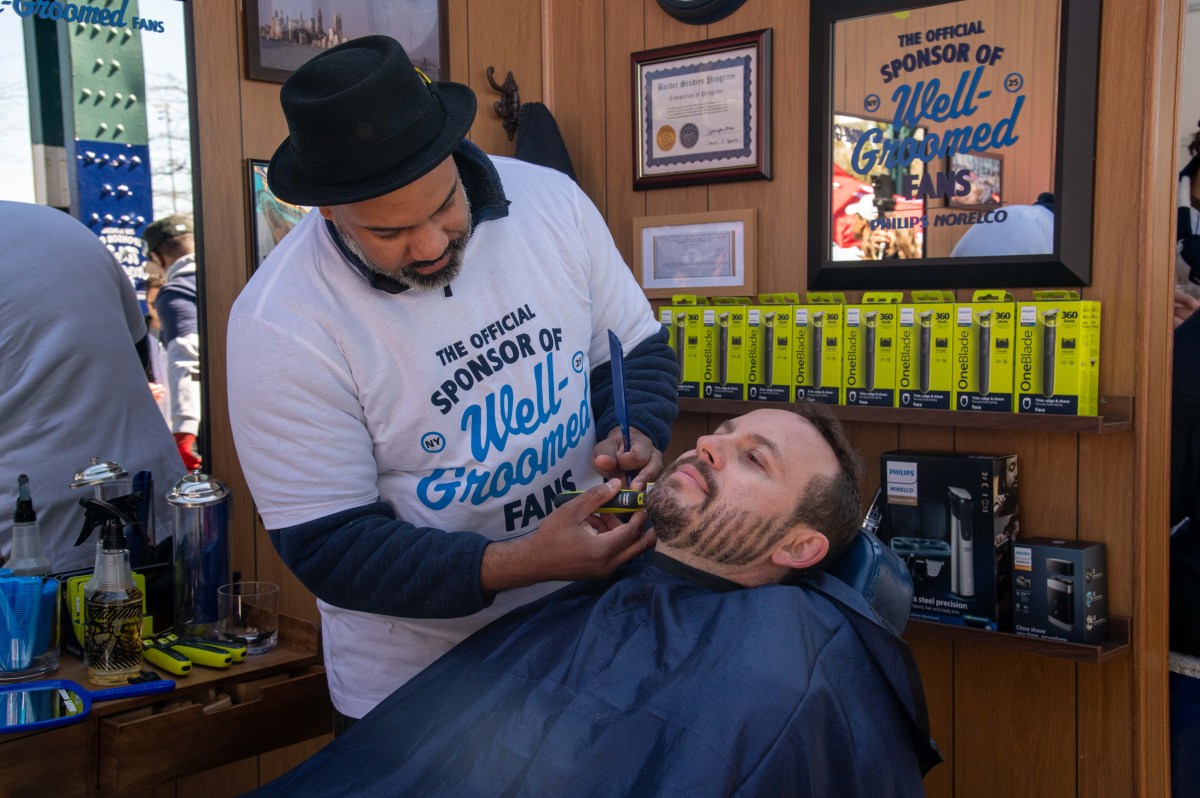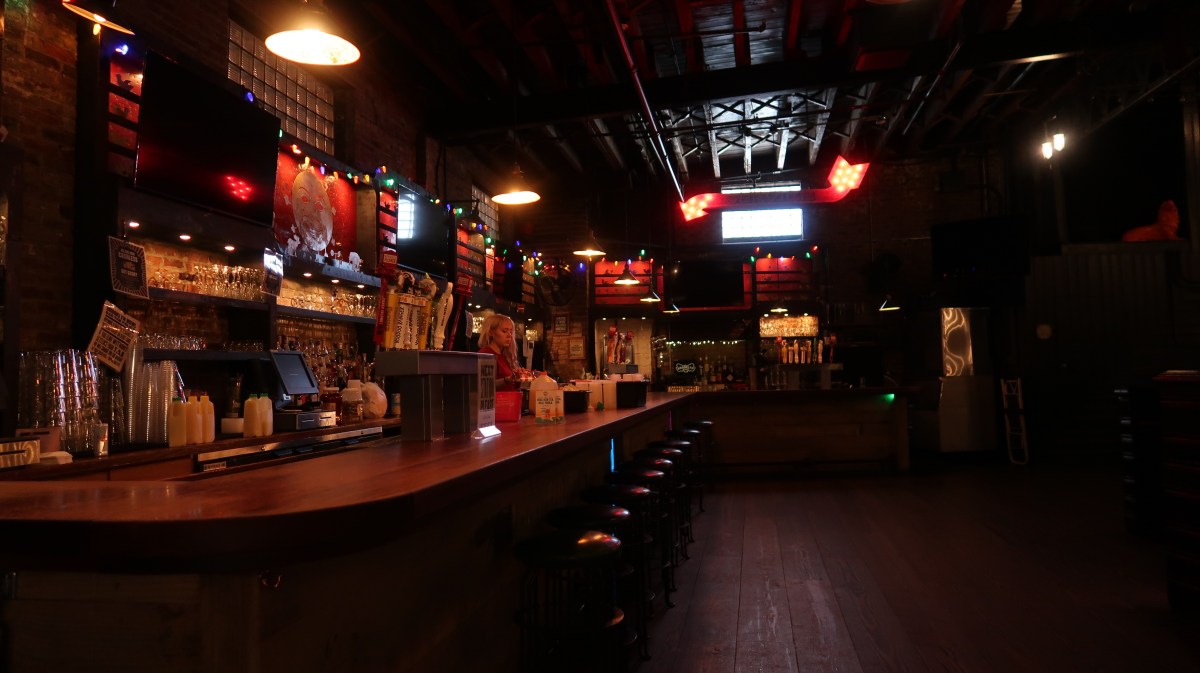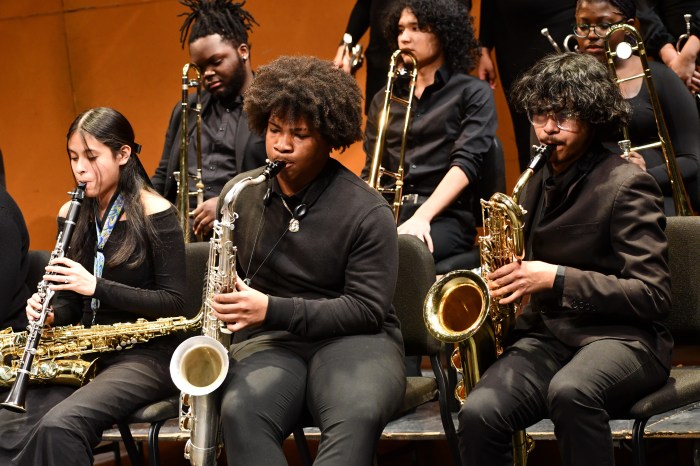Life for someone recently released from incarceration is filled with uncertainty.
For a brief moment, imagine what it must be like to be sitting for 23 hours a day in a cold, dark cell known by men in solitary confinement on Rikers Island as “The Box”—with no human contact and no access to the outside world. It’s a condition described as torture, with no clear sense of when or under what circumstances you’ll be released
Then one day, it just happens.
For Harlem native King Tolen, his cell door opened at 2 a.m. He collected his things, and by 4 a.m. he was standing on a street corner – with no phone, almost no money, and not too many options for a place to sleep, let alone stay.
This kind of instant homelessness post-incarceration is not an aberration. It’s a reality for too many men re-entering society. We see it every day at our Harlem-based nonprofit Getting Out, Staying Out (GOSO), as we help justice-involved young men find jobs, housing and stability. Currently, over 20% of our program participants currently have unstable housing situations.
A person who has been incarcerated just once is seven times more likely to experience homelessness than the general public. And for too many New Yorkers, post-incarceration housing instability and poverty justice-involvement go hand-in-hand.
Correctional facilities, contrary to common assumption, do not have robust discharge planning programs. Thanks to the landmark Brad H. v. City of New York case, the Department of Corrections must provide discharge planning for inmates diagnosed with mental needs. But men who are not “diagnosed,” or who’ve had shorter stints in correctional facilities have fewer options. A phrase we hear a lot is, “The jail doesn’t care what you do inside, and they could care even less once you leave. It’s all on you.”
New York City’s approximately 175,000 public housing units are largely targeted to families with young children. Furthermore, according to NYCHA policies, anyone who has been arrested on misdemeanor charges may be ineligible for at least three years. A felony? Up to six years.
From the moment a young man walks through our doors at GOSO, our top priority is making sure he has stable housing. The average two months this can take under the best circumstances can feel like a lifetime. In extreme cases it can take over a year to find stable housing, even with a housing voucher.
Our client King Tolen found temporary housing upon his release, but sleeping on someone’s sofa didn’t provide the stability he needed to turn his life around. Through GOSO, Tolen found resources to help him navigate New York City’s housing labyrinthe. Because he grew up in foster care, he qualified for public housing in Harlem. GOSO also helped him find employment, a key driver of stability. He went on to receive an Associate’s Degree in 2017 and a Bachelor’s Degree in 2019. Today, his life is on the upswing and he actively volunteers with GOSO, sharing his life lessons.
While Tolen’s experience is a powerful testament to what’s possible with stable housing, some aren’t so lucky. Throughout the pandemic, we have been heartened by the resilience of our program participants and their enthusiasm for personal growth, but our young men continually say that finding housing is one of their most pressing concerns.
This situation will worsen as the city struggles to emerge from the current economic crisis. Concerns over job security are omnipresent. And in 2021, we’re expecting a 40% cut to the NYC Housing Preservation & Development (HPD) budget, which will result in a projected loss of 20,000 affordable housing units citywide.
When it comes to justice-involved people, we can all agree on the importance of providing new pathways and reducing recidivism rates—but New York City needs to do more to link justice-involved men to community-based housing services. The Department of Corrections and other agencies must play a bigger role in re-entry support and discharge planning.
It is time for serious measures to prevent housing discrimination and provide affordable, stable housing so the formerly incarcerated can turn their lives around, get back on their feet, and positively contribute to the well-being of their loved ones, their communities, and New York City itself.
Dr. Jocelynne Rainey is the CEO of Getting Out, Staying Out (GOSO). With contributions from King Tolen.



